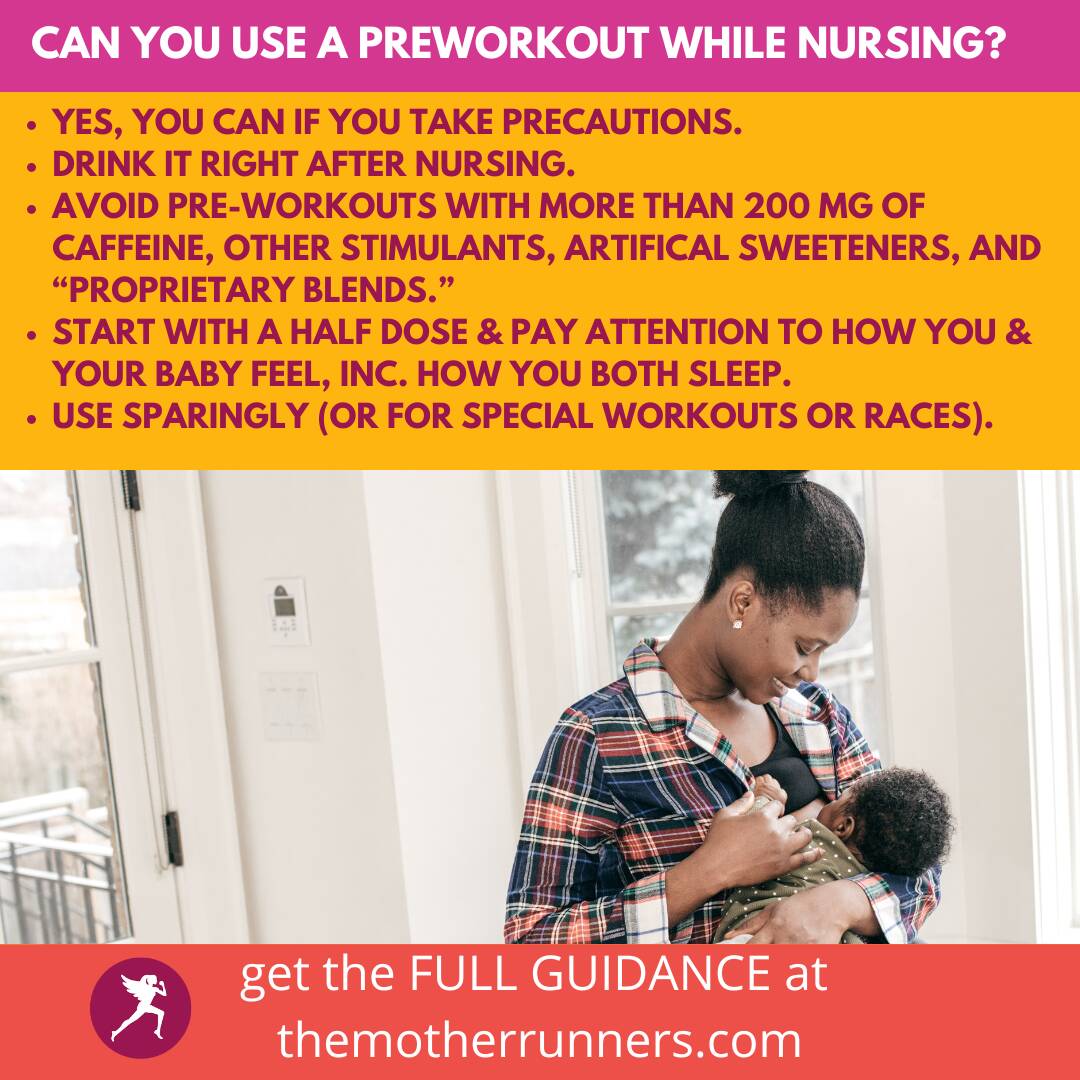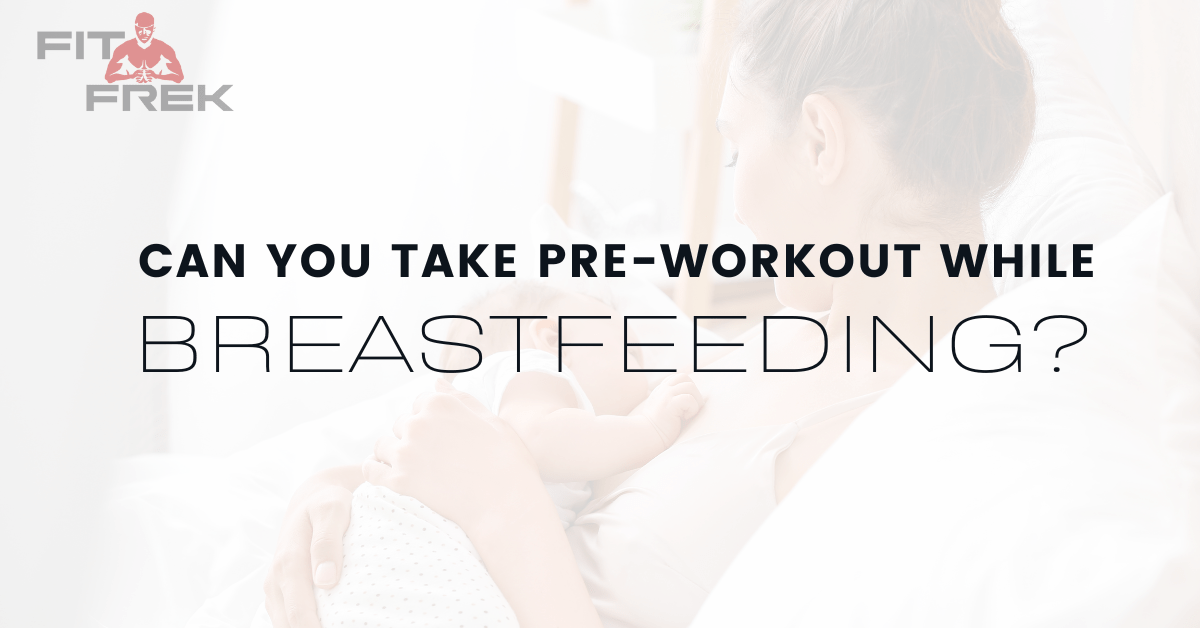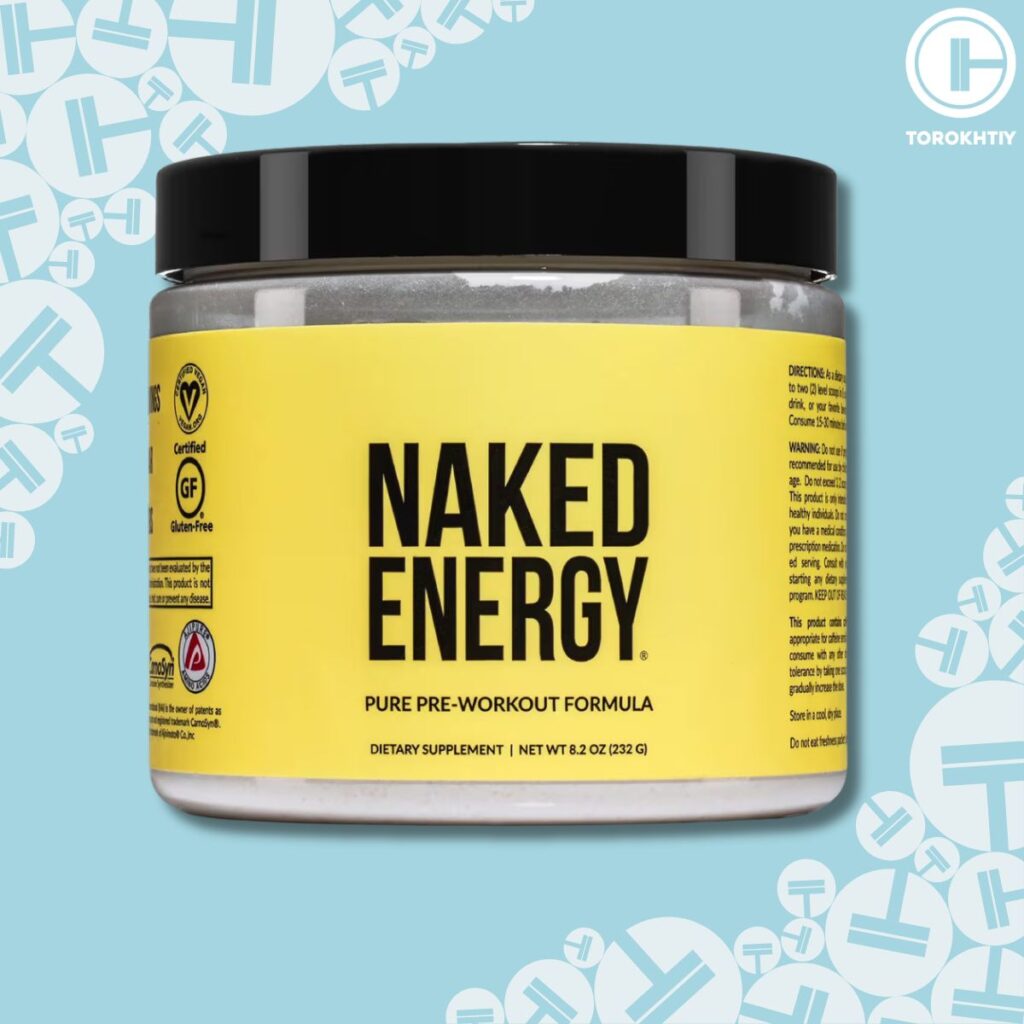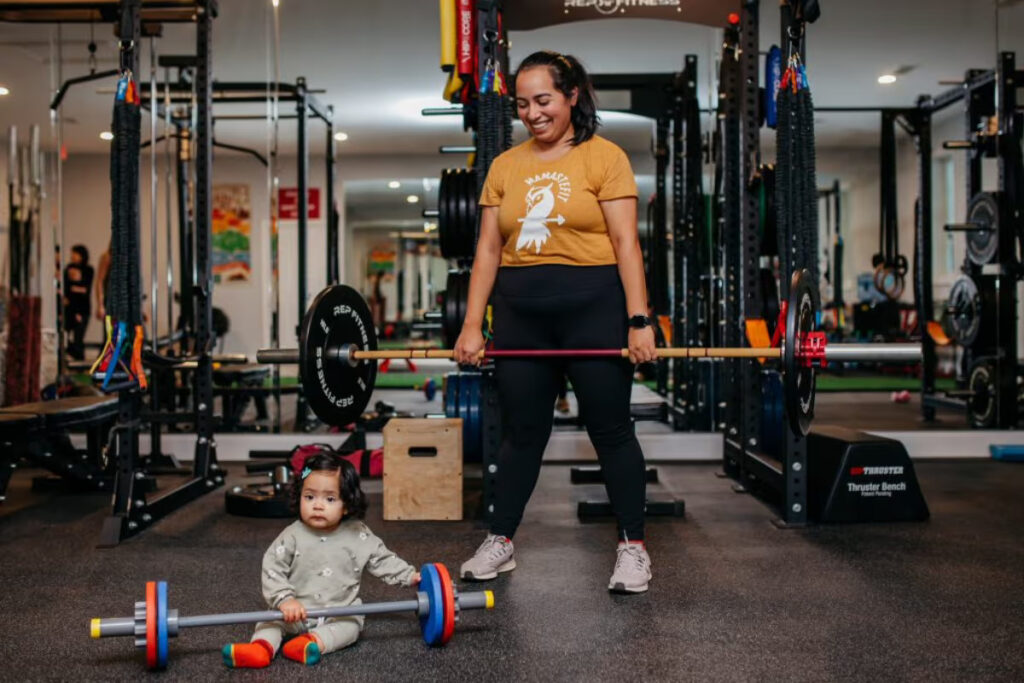Can I Take Pre Workout While Breastfeeding

Imagine the early morning sun streaming through your kitchen window, the aroma of freshly brewed coffee filling the air. You're juggling a baby on your hip, while simultaneously trying to mentally prepare for a workout. The desire to reclaim your pre-pregnancy fitness levels is strong, and you eye that colorful tub of pre-workout supplement sitting on the counter, promising energy and enhanced performance. But a nagging question lingers: is it safe to take while breastfeeding?
The question of whether or not to consume pre-workout supplements while breastfeeding is a complex one, lacking definitive black-and-white answers. While the desire to boost energy levels and performance during workouts is understandable for new mothers, the potential risks to the infant through breast milk exposure require careful consideration. This article explores the ingredients commonly found in pre-workout supplements, examines their potential effects on breastfeeding infants, and provides guidelines to help mothers make informed decisions in consultation with their healthcare providers.
Understanding Pre-Workout Supplements
Pre-workout supplements are dietary aids designed to enhance athletic performance. They typically come in powder form and are mixed with water before consumption. These supplements often contain a blend of ingredients intended to increase energy, focus, and muscle endurance.
Common Ingredients and Their Potential Effects
Caffeine is a stimulant that increases alertness and reduces fatigue, making it a staple in many pre-workout formulations. However, caffeine can pass into breast milk and potentially affect the infant. According to the Centers for Disease Control and Prevention (CDC), moderate caffeine consumption (less than 300 mg per day) is generally considered safe for breastfeeding mothers, but individual sensitivities vary.
Creatine is a naturally occurring compound that helps muscles produce energy during heavy lifting or high-intensity exercise. While generally considered safe for adults, research on its effects on infants through breast milk is limited, warranting caution.
Beta-alanine is an amino acid that can improve muscle endurance. It may cause a harmless tingling sensation known as paresthesia. Its effects on infants through breast milk are not well-studied.
Nitric oxide precursors, such as L-arginine and L-citrulline, promote vasodilation, increasing blood flow to muscles. The impact of these substances on breastfeeding infants is largely unknown.
Artificial sweeteners, such as aspartame and sucralose, are often added to pre-workout supplements to improve taste without adding calories. While most artificial sweeteners are considered safe in moderation, concerns exist regarding their potential long-term effects, and their passage into breast milk is a consideration.
Potential Risks to Breastfeeding Infants
The primary concern with taking pre-workout supplements while breastfeeding is the potential transfer of ingredients to the infant through breast milk. Infants are more sensitive to stimulants like caffeine, and even small amounts can cause irritability, restlessness, and sleep disturbances.
Some infants may have difficulty metabolizing certain compounds, leading to accumulation in their system. This is particularly concerning for newborns and premature infants. Allergic reactions to ingredients in pre-workout supplements are also possible in sensitive infants.
Beyond the direct effects of specific ingredients, there's also a risk of reduced milk supply. Some ingredients, particularly those with diuretic effects, may lead to dehydration in the mother, potentially impacting milk production.
Making an Informed Decision
Before considering pre-workout supplements, prioritize a healthy diet, adequate hydration, and sufficient sleep. These fundamental elements play a crucial role in energy levels and overall well-being.
If you're still considering pre-workout, consult with your healthcare provider or a lactation consultant. They can assess your individual health status, your baby's age and health, and the specific ingredients in the supplement you're considering.
Carefully review the ingredient list and dosage instructions on any pre-workout supplement. Pay close attention to caffeine content and be aware of any other potentially harmful ingredients.
If you choose to try a pre-workout, start with a very small dose to assess your baby's reaction. Observe your baby closely for any signs of irritability, restlessness, or changes in sleep patterns.
Consider alternative methods to boost energy levels, such as natural energy-boosting foods, regular exercise (when appropriate), and stress management techniques. Enlist the support of family and friends to help with childcare and household tasks, allowing you to prioritize your well-being.
Safer Alternatives to Pre-Workout Supplements
Many breastfeeding mothers find success with natural energy boosters that pose less risk to their infants. A balanced diet rich in fruits, vegetables, and whole grains provides sustained energy. Staying properly hydrated is essential for both energy levels and milk production.
Gentle exercise, such as walking or yoga, can improve mood and energy levels without the need for supplements. Mindful practices like meditation and deep breathing can reduce stress and improve overall well-being.
Protein-rich snacks before a workout can provide sustained energy and support muscle recovery. Examples include Greek yogurt with berries, a handful of almonds, or a protein smoothie.
The Importance of Professional Guidance
Ultimately, the decision of whether or not to take pre-workout supplements while breastfeeding is a personal one that should be made in consultation with a healthcare professional. Their expertise and guidance are invaluable in ensuring the safety and well-being of both mother and child.
Remember that your baby's health is paramount. While the desire to regain your fitness levels is understandable, it's essential to prioritize your baby's well-being during this crucial period of development. Dr. Emily Carter, a pediatrician specializing in infant nutrition, emphasizes, "Every mother and baby are unique. What works for one may not work for another. Personalized guidance is key."
The American Academy of Pediatrics (AAP) also stresses the importance of consulting with a physician before taking any medications or supplements while breastfeeding.
Conclusion
The journey of motherhood is filled with challenges and choices, and navigating the world of fitness and supplements while breastfeeding can be particularly daunting. While the allure of pre-workout supplements may be strong, the potential risks to your infant require careful consideration. By educating yourself about the ingredients, consulting with your healthcare provider, and exploring safer alternatives, you can make informed decisions that prioritize the health and well-being of both you and your baby.
Remember that this phase of life is temporary. Focus on nourishing your body and bonding with your baby. Your fitness journey can resume fully when the time is right. Embrace the present moment and celebrate the incredible strength and resilience of motherhood.


















